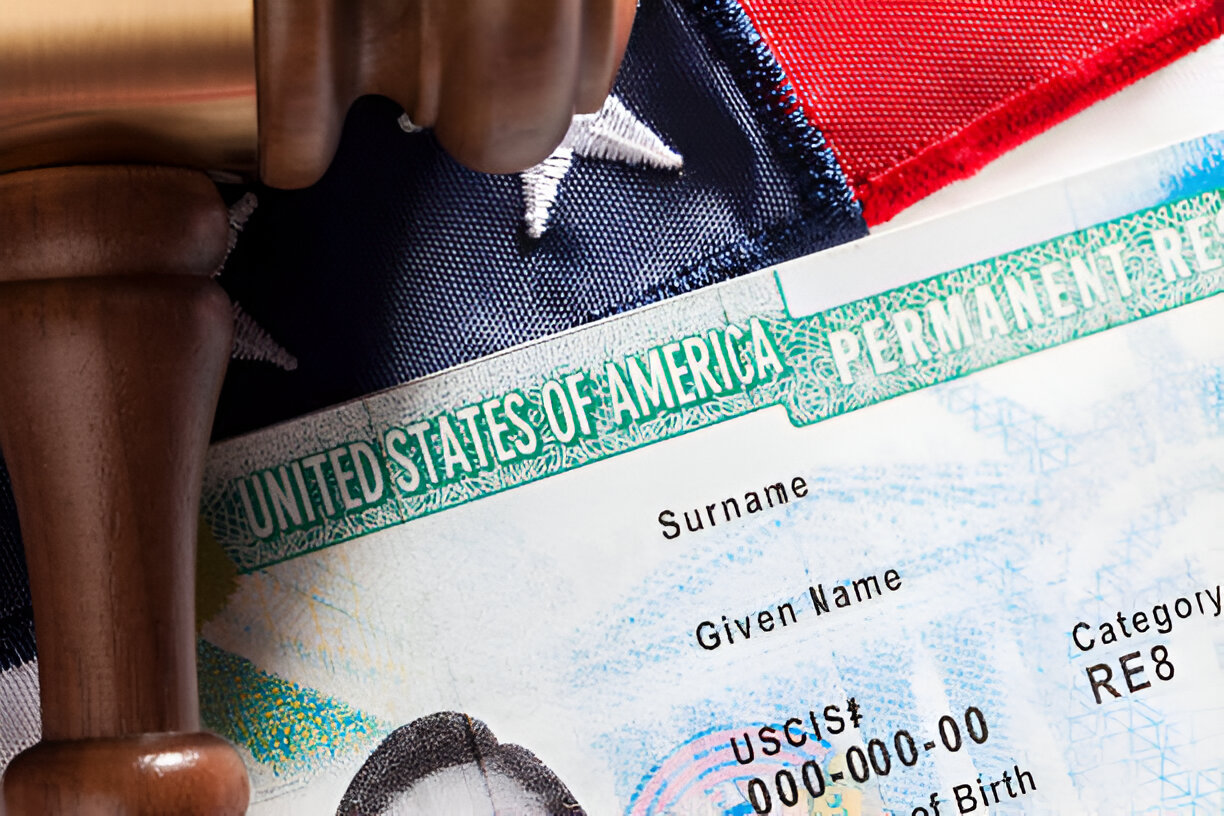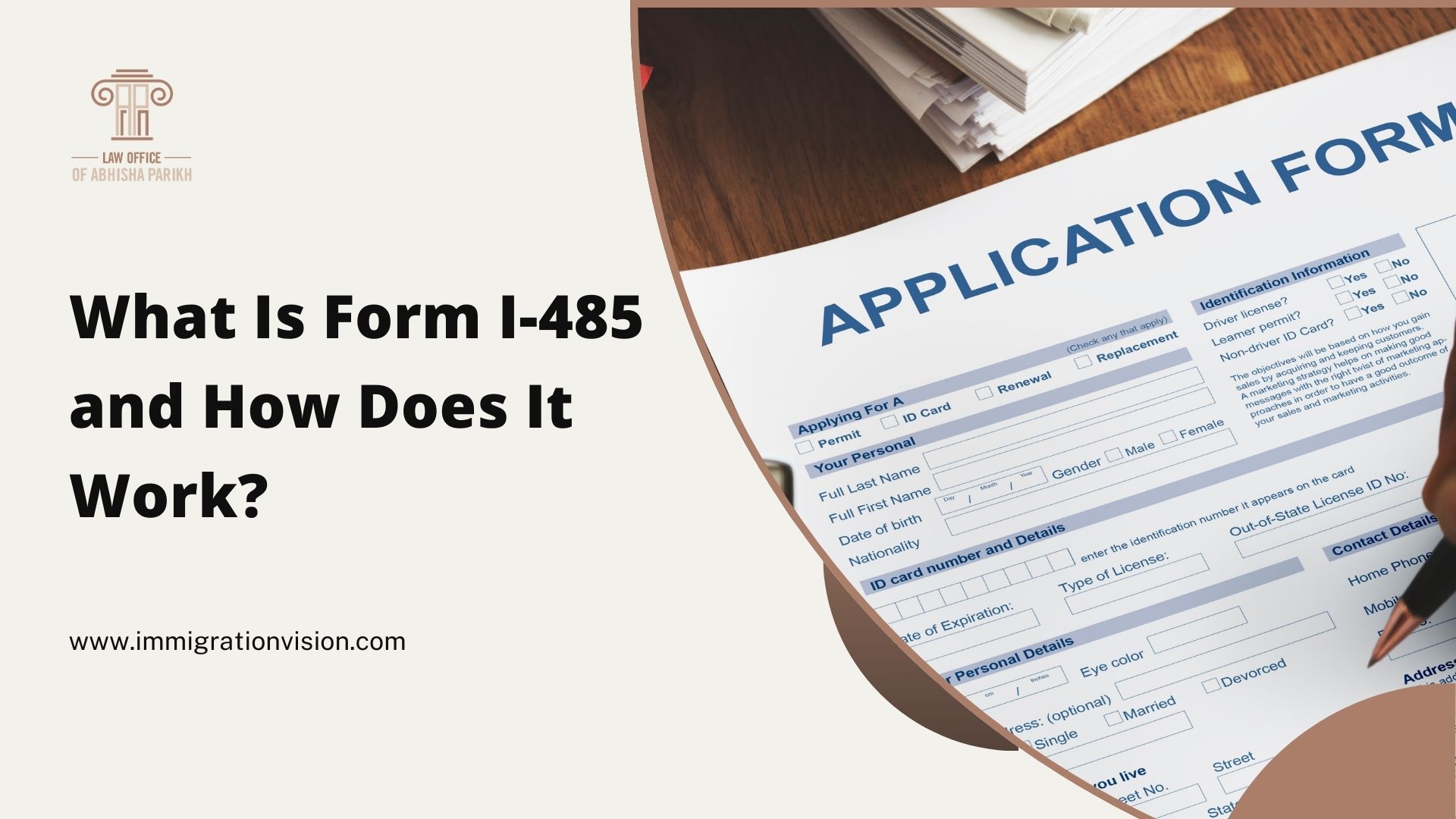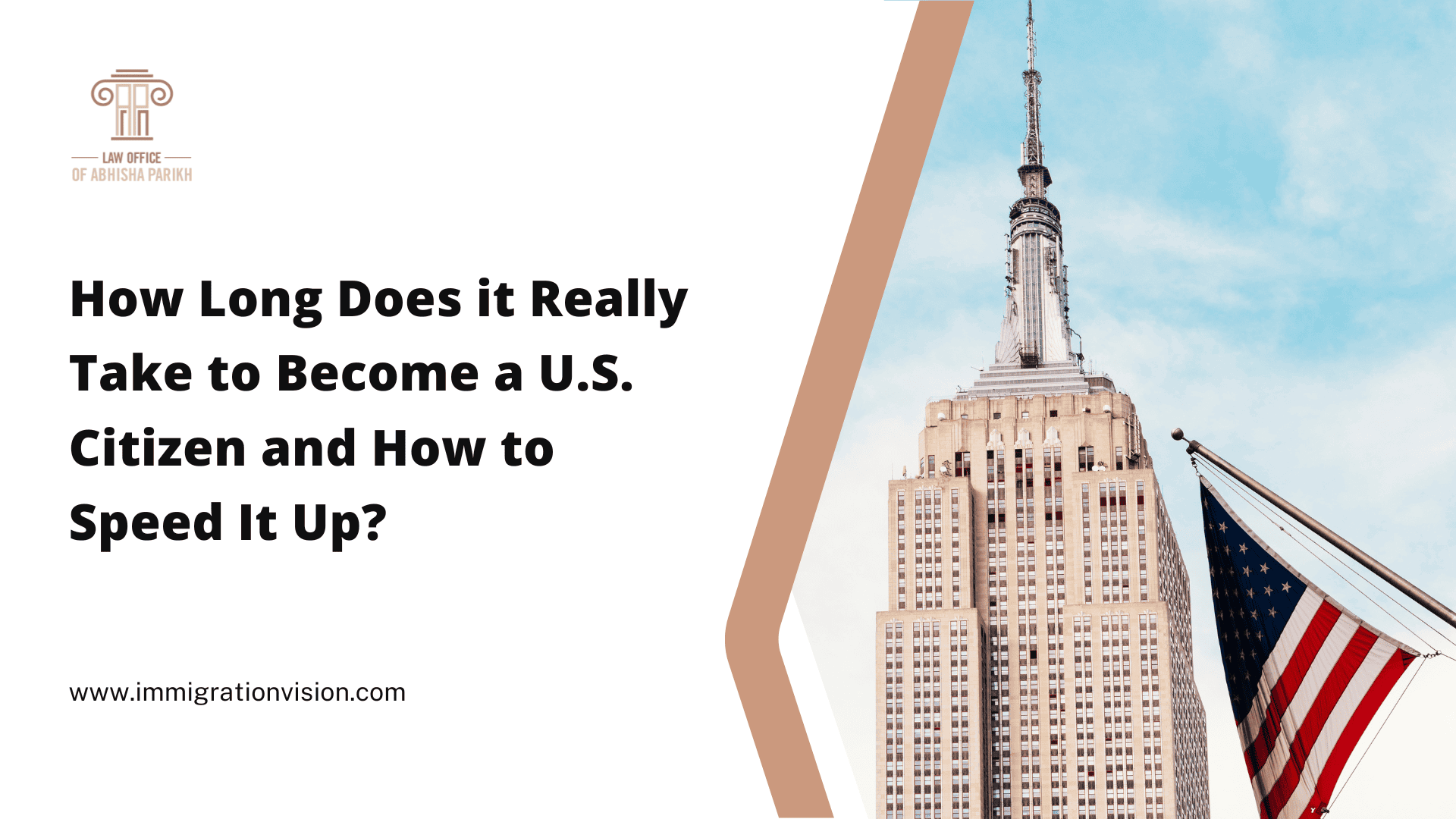Navigating the complexities of the United States immigration system can be challenging, especially when it comes to obtaining a green card or immigrant visa. One of the biggest obstacles that applicants face is the possibility of having their application denied. However, if an applicant has a qualifying relative, they may be able to request a waiver in certain situations.
A waiver is essentially a request to waive certain grounds of inadmissibility that would otherwise disqualify an applicant from receiving a green card or immigrant visa. If an applicant is found inadmissible, it means they are ineligible to receive an immigrant visa or adjust their status to permanent residency in the United States.
Fortunately, waivers are available in certain circumstances. One such situation is when an applicant has a qualifying relative. A qualifying relative may be a spouse, parent, or child who is a United States citizen or lawful permanent resident. In this case, the applicant may be able to request a waiver, but they will need to demonstrate great hardship to the qualifying relative if their application for a green card or immigrant visa is denied.
It’s essential to note that not all applicants need to apply for a waiver. Those applying for temporary protected status, special immigrant juvenile status, or any other noncitizen status in danger of becoming a public charge are not necessary for the waiver.
In conclusion, waivers can be an excellent option for individuals who would otherwise be ineligible for a green card or immigrant visa due to certain grounds of inadmissibility. However, navigating the waiver process can be complex and requires the help of a knowledgeable and experienced immigration attorney. If you need assistance with a waiver or any other immigration matter, please don’t hesitate to contact Abhisha Parikh Law. We are here to help.





